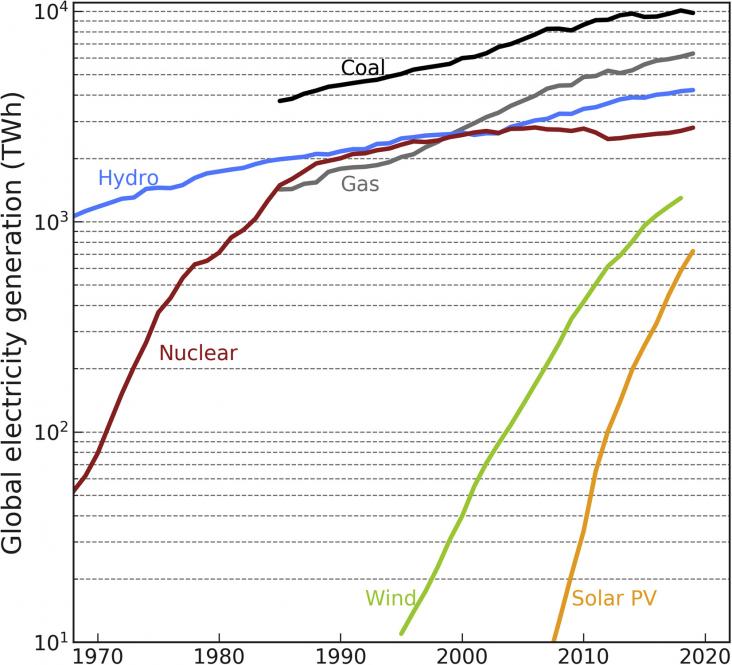Elsevier,
Nuclear Decommissioning Case Studies, Volume Two - Policies, Strategies, Planning and Knowledge Management, 2021, Pages 3-7
This book chapter advances SDG 7 and 11 by highlighting the concepts of policy, strategy, early and detailed planning, Life Cycle Management, and poor or good practices associated with nuclear decommissioning.
The widespread consumption of electronic devices has made spent batteries an ongoing economic and ecological concern with a compound annual growth rate of up to 8% during 2018, and expected to reach b
The association of melting Himalayan glaciers and planetary health is complex.
This book chapter advances SDG 7 by explaining how actuators at oil and gas locations contribute to emissions and describes flow charts for proper actuator selection including utilizing electric actuators to help environmental impact.
This book chapter addresses SDG 7 by explaining how hydrogen can help address the transition away from fossil fuel and switch to more renewable energy supported fuels.
This book chapter advances SDG 7 by explaining that while valves deliver the most emissions in an oil and gas plant, there are steps and methods that can be taken to mitigate and prevent fugitive emissions.

Thanks to fast learning and sustained growth, solar photovoltaics (PV) is today a highly cost-competitive technology, ready to contribute substantially to CO2 emissions mitigation.
This book chapter addresses SDG 7 and 9 by explaining the offshore alternative energy options for power production including solutions on synergy between offshore oil and gas production and offshore wind, lending to hybrid energy systems.
Rapid climate action is urgently necessary, but it poses risks to justice. Major justice risks relate to fossil fuel phase-out, increased resource use, distribution of economic impacts, human needs. To mitigate against this we need to be inclusive of diverse voices and able to deal with radical ideas. This paper outlines a way we can do this.

